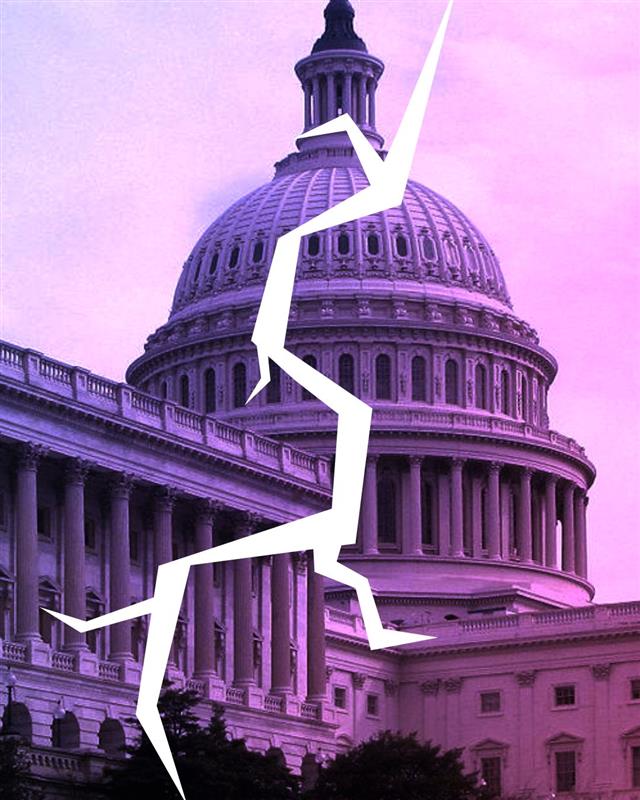Government intervention is fueling the affordability crisis—voters want real solutions
The Big Picture
Despite cooling inflation, record stock market performance, and historically low unemployment, Americans remain pessimistic about the country’s economic future. The reason? Affordability and inflation remain the No. 1 issue for voters across income levels and political affiliations.
A staggering 67% of voters want their local candidates to focus on affordability and inflation in the 2024 election, according to the Independent Center’s National Registered Voter Survey.
While pandemic spending played a major role in rising inflation, both Democrats and Republicans are now pursuing economic policies that will worsen the affordability crisis. Instead of allowing the free market to stabilize, politicians on both sides are doubling down on government intervention, tariffs, and subsidies—driving costs even higher for American consumers.
Zooming In
The return of government-driven economic disruption
Younger voters, especially Millennials and Gen Z, may not remember the inflation spikes of the late 1980s and early 1990s. Back then, policymakers stepped back from economic micromanagement, opening industries like air travel and telecommunications to competition. Instead of governments picking winners and subsidizing inefficiency, the private sector was given the freedom to allocate capital where it was most productive.
Fast forward to 2024, and we’re witnessing a reversal of these lessons. Both Biden and Trump are embracing government-led industrial policy, ignoring the long-term costs to consumers.
The impact of tariffs and subsidies
Trump’s tariffs are a prime example of how well-intentioned policies ultimately raise prices for Americans. Tariffs are not paid by foreign companies—they are paid by American consumers and businesses. Industries that rely on imported goods must pass those costs on, making everything from cars to household appliances more expensive.
Meanwhile, Biden’s Inflation Reduction Act and CHIPS and Science Act have further fueled cost increases. Government-led industrial strategies are bidding up wages, materials, and subsidies for new factories—driving inflation even as headline rates decline.
One recent example is the $14 billion purchase of U.S. Steel by Japan’s Nippon Steel. This deal was fueled by a 10% tariff wall and other protectionist policies that inflated U.S. Steel’s value—not because it created more jobs, but because it allowed a foreign company to gain access to the American market from within. That $14 billion cost will ultimately be passed down to consumers through higher prices for everything that contains steel.
Short-term politics, long-term economic damage
Instead of reversing inflationary policies, both parties are doubling down on more government spending, tariffs, and interventionist regulations. Each candidate is now competing to outbid the other with promises of more economic micromanagement, from industrial subsidies to trade restrictions.
Rather than fixing the affordability crisis, these policies are locking in higher costs for the future.
Independent Lens
The 2024 election cycle presents a stark choice: candidates who embrace market-driven solutions or those who continue to inflate costs through heavy-handed government intervention.
Voters—especially independents—are growing frustrated with economic policies that increase costs under the guise of “helping” Americans. Policymakers must recognize that real solutions lie in reducing trade barriers, cutting unnecessary government spending, and restoring economic competition.
If affordability is truly the top concern for voters, then the 2024 election must focus on scaling back government-driven inflation—not expanding it.
Join the movement to stay informed on the economic policies shaping the 2024 election.



%201.jpg)

